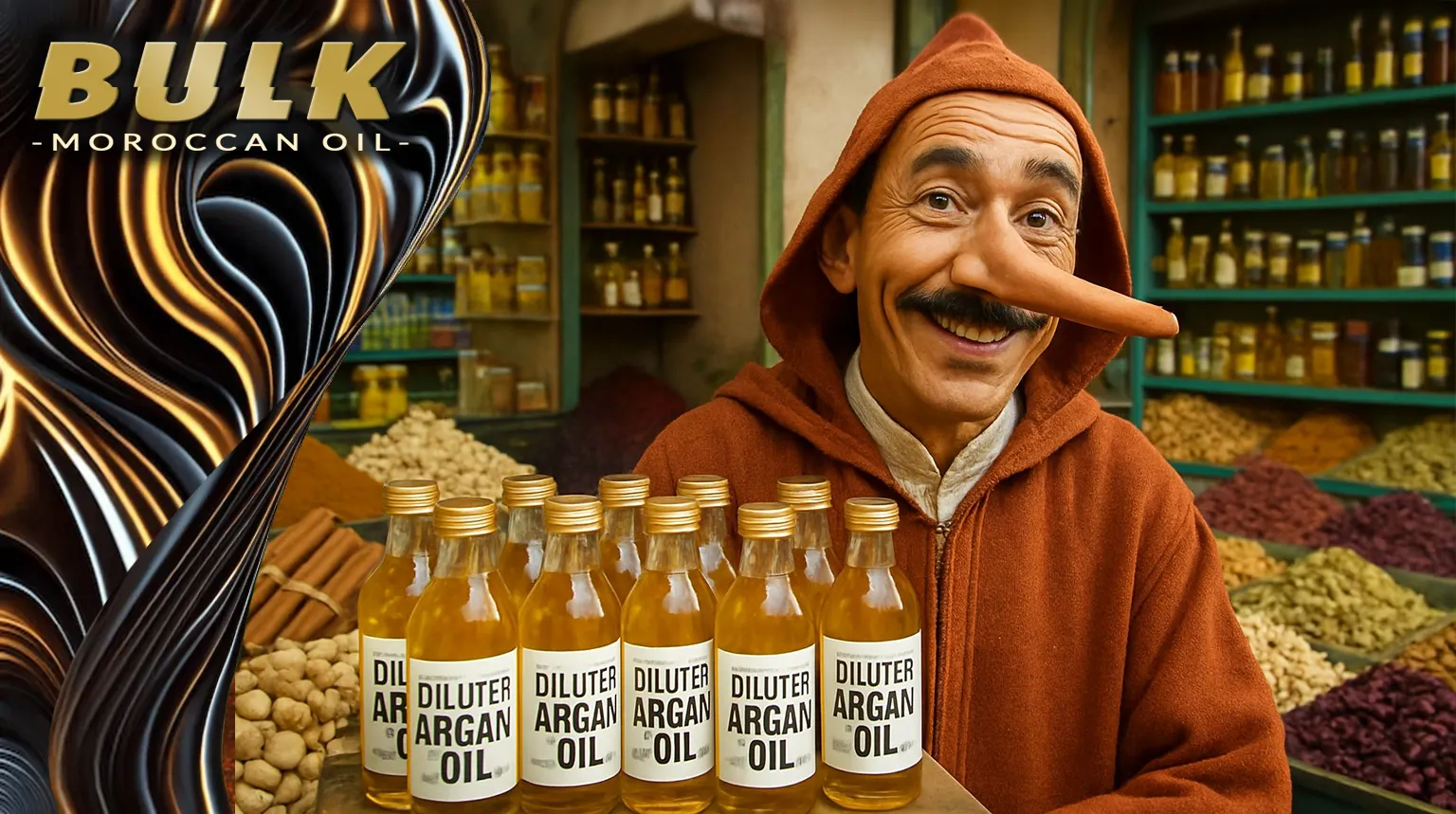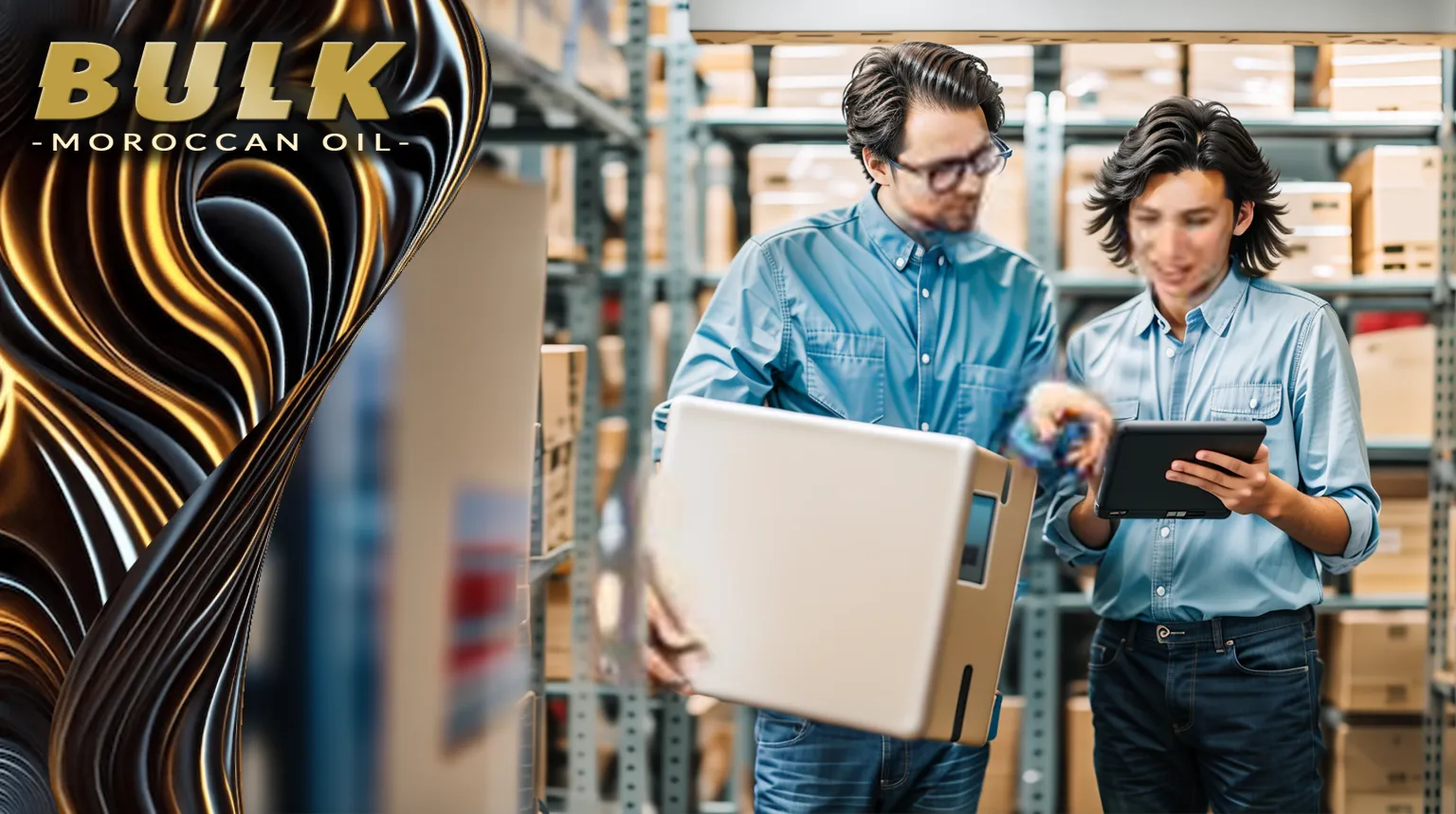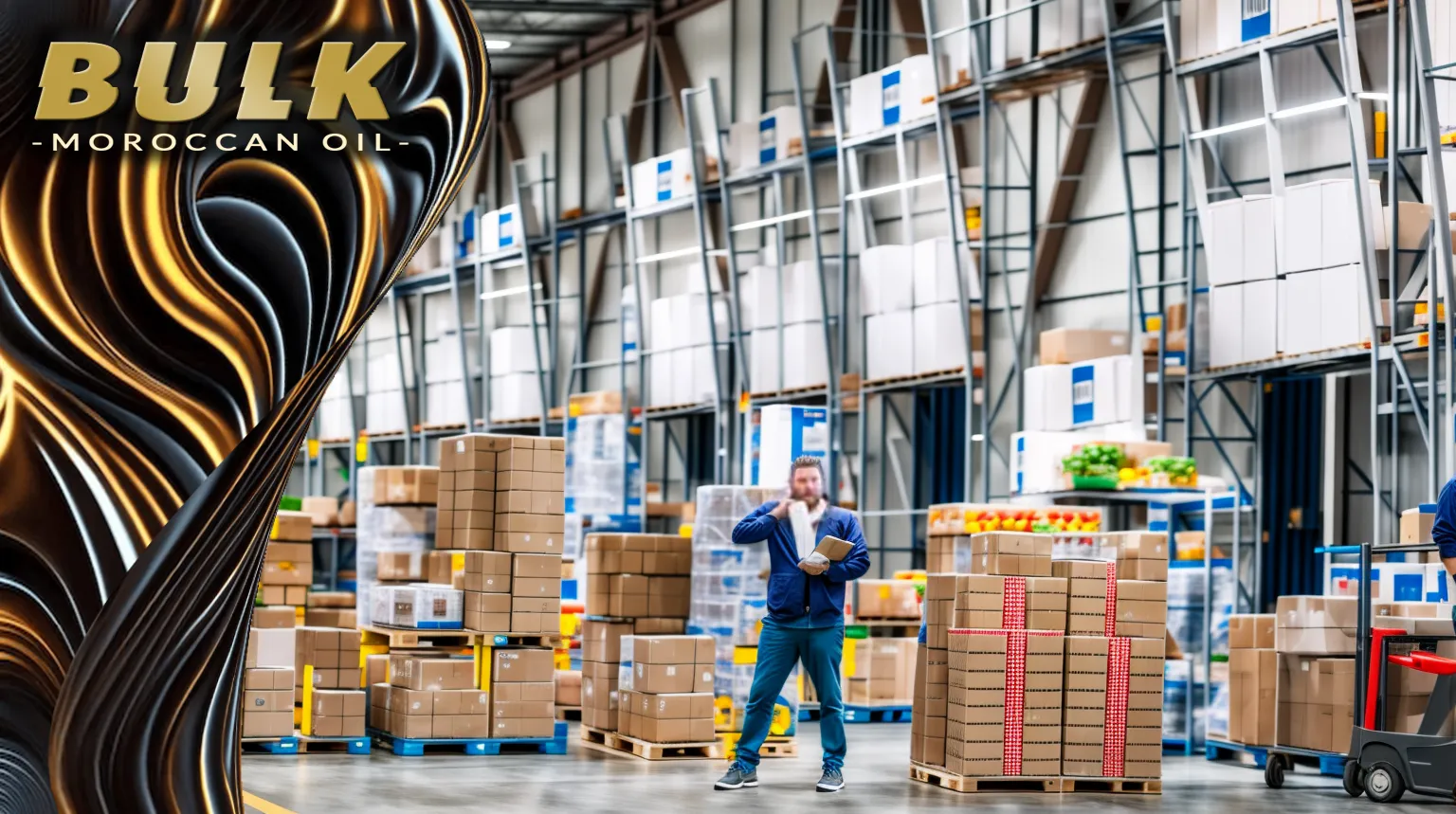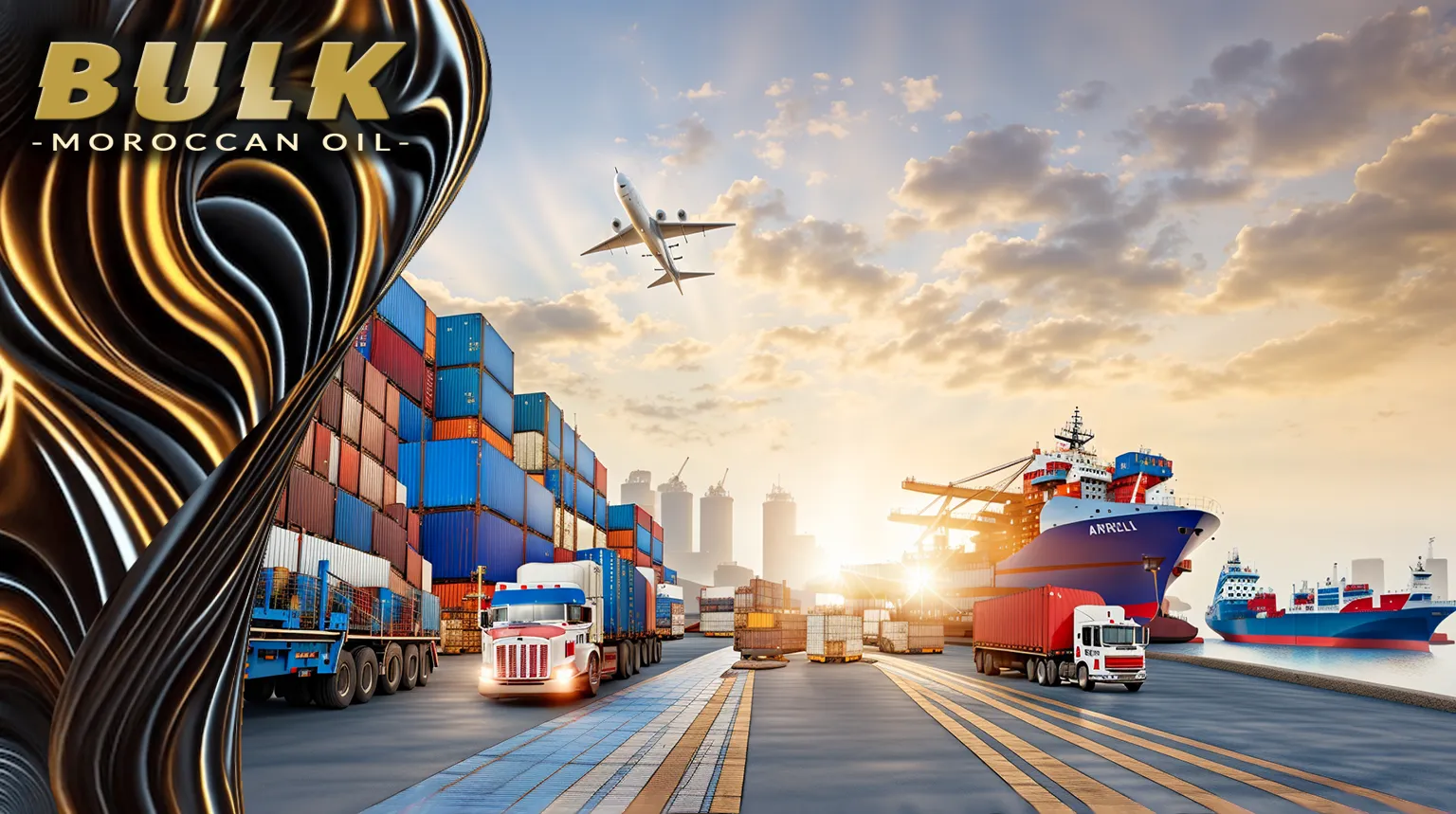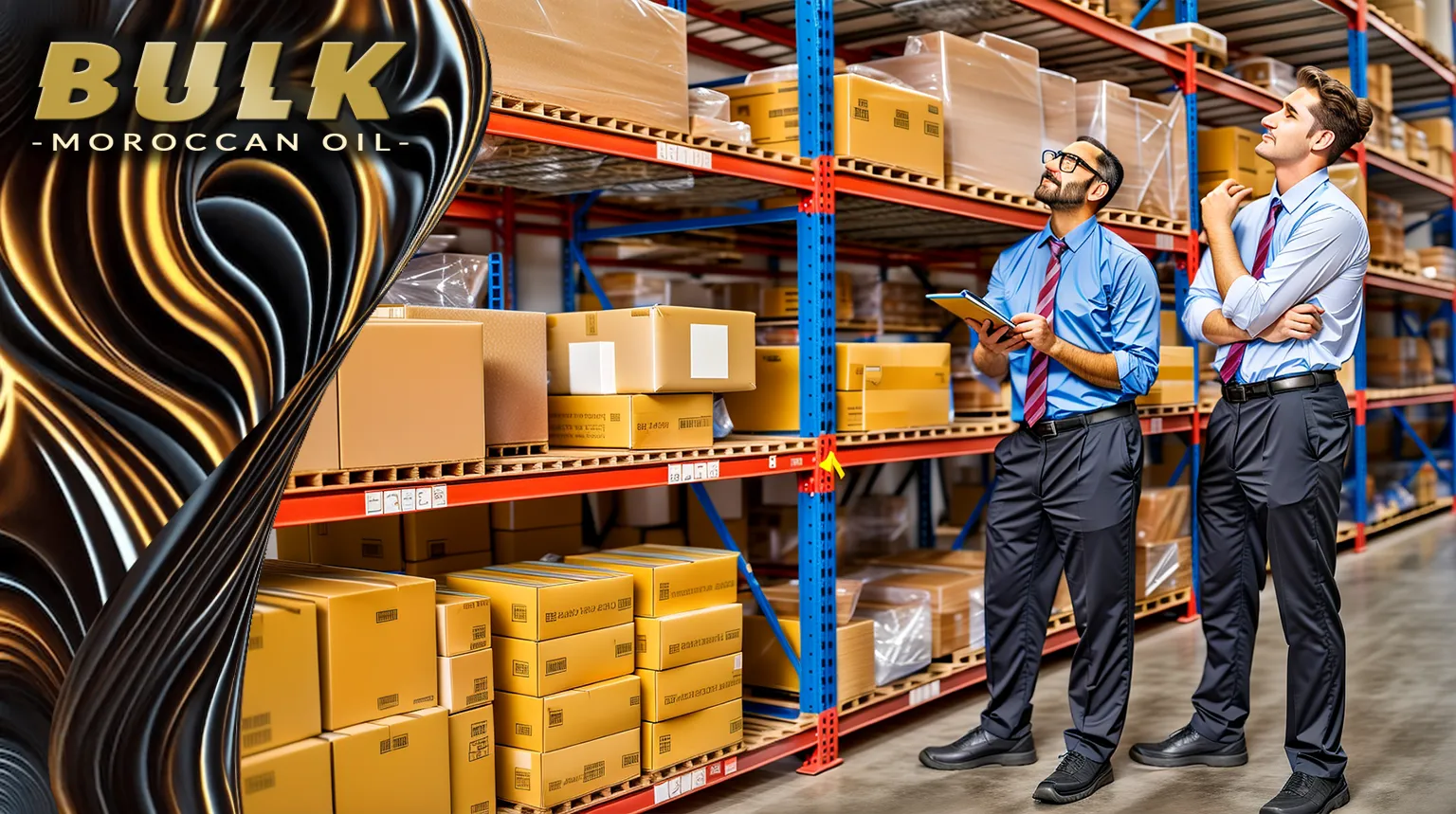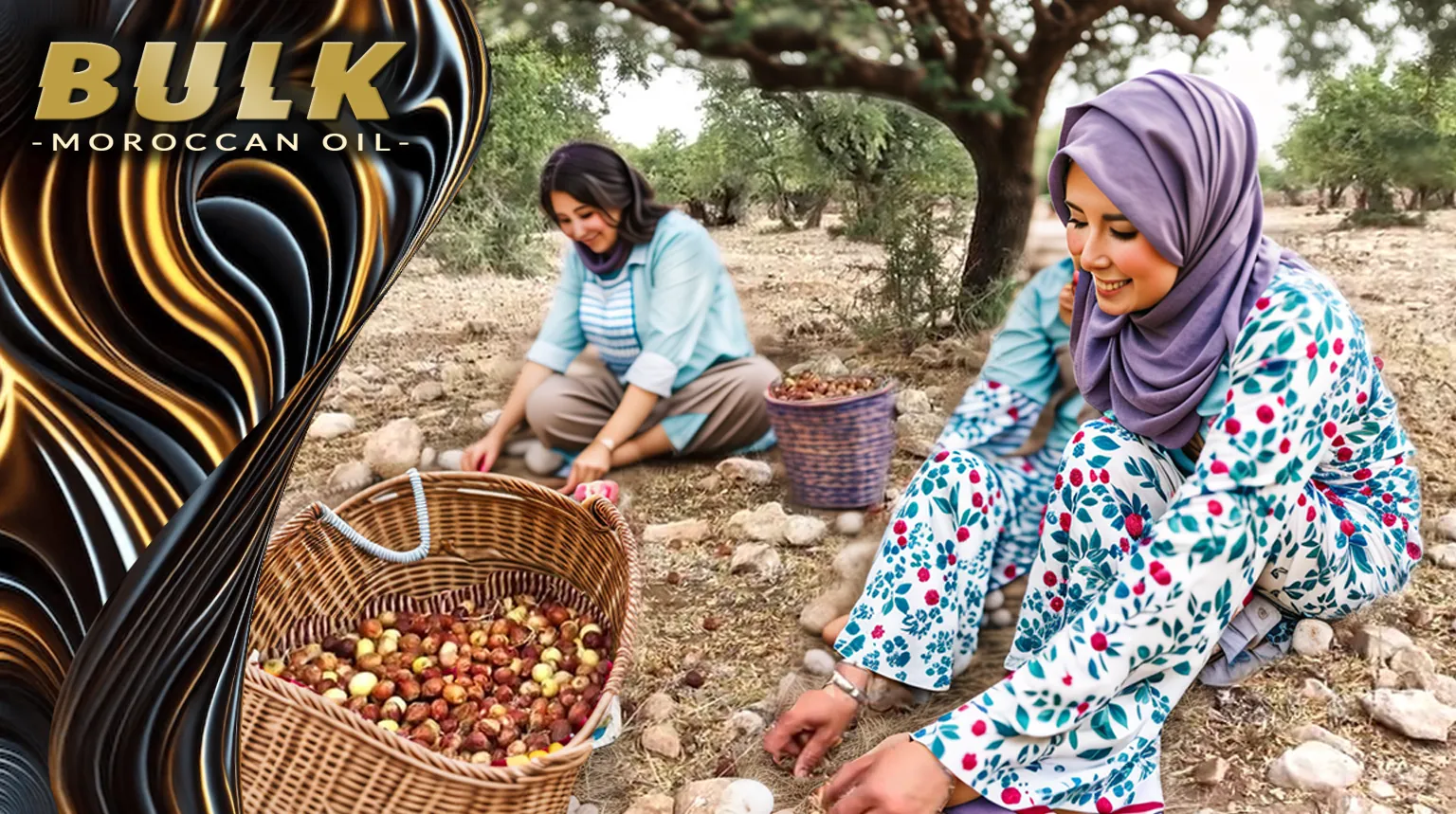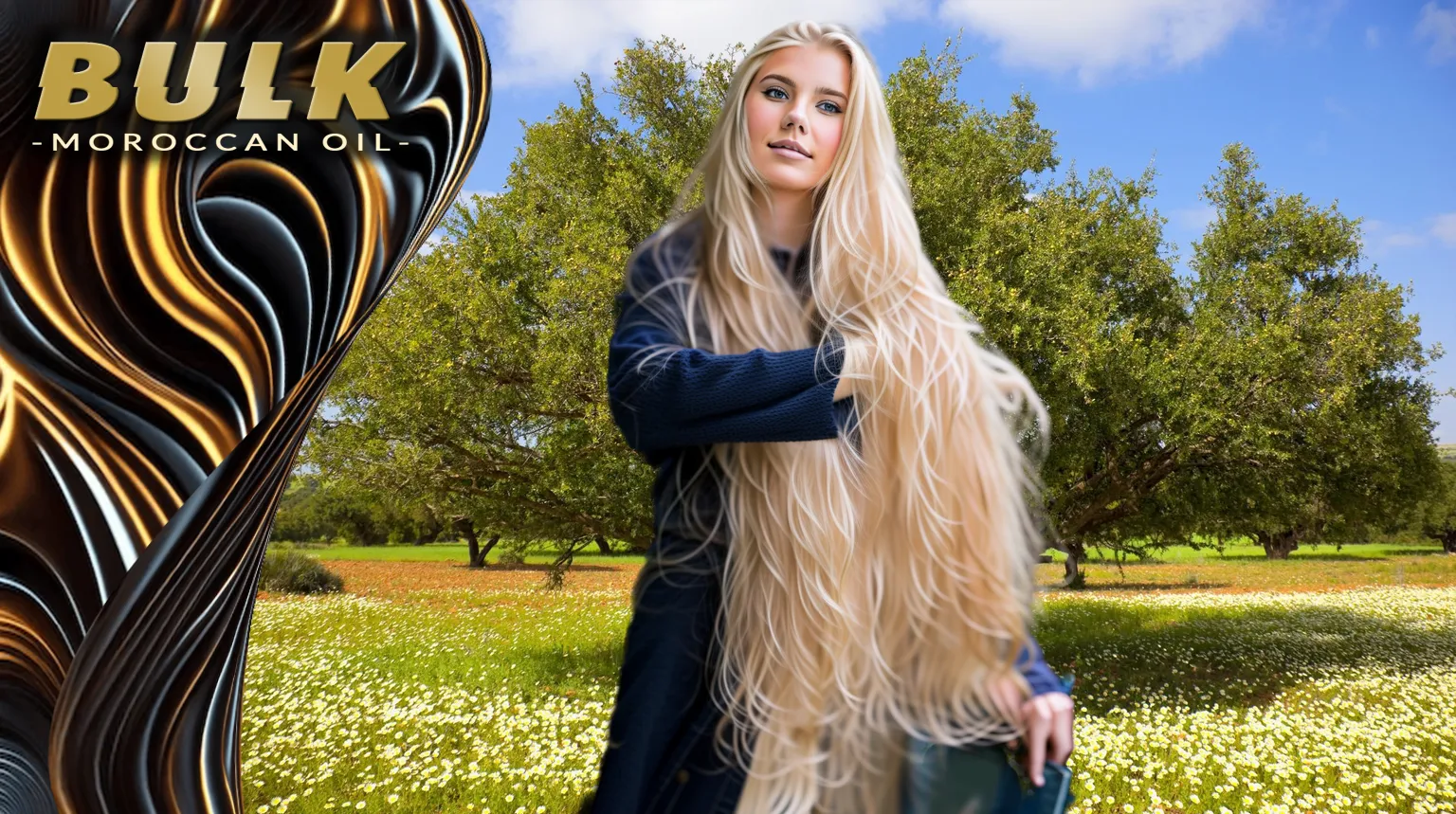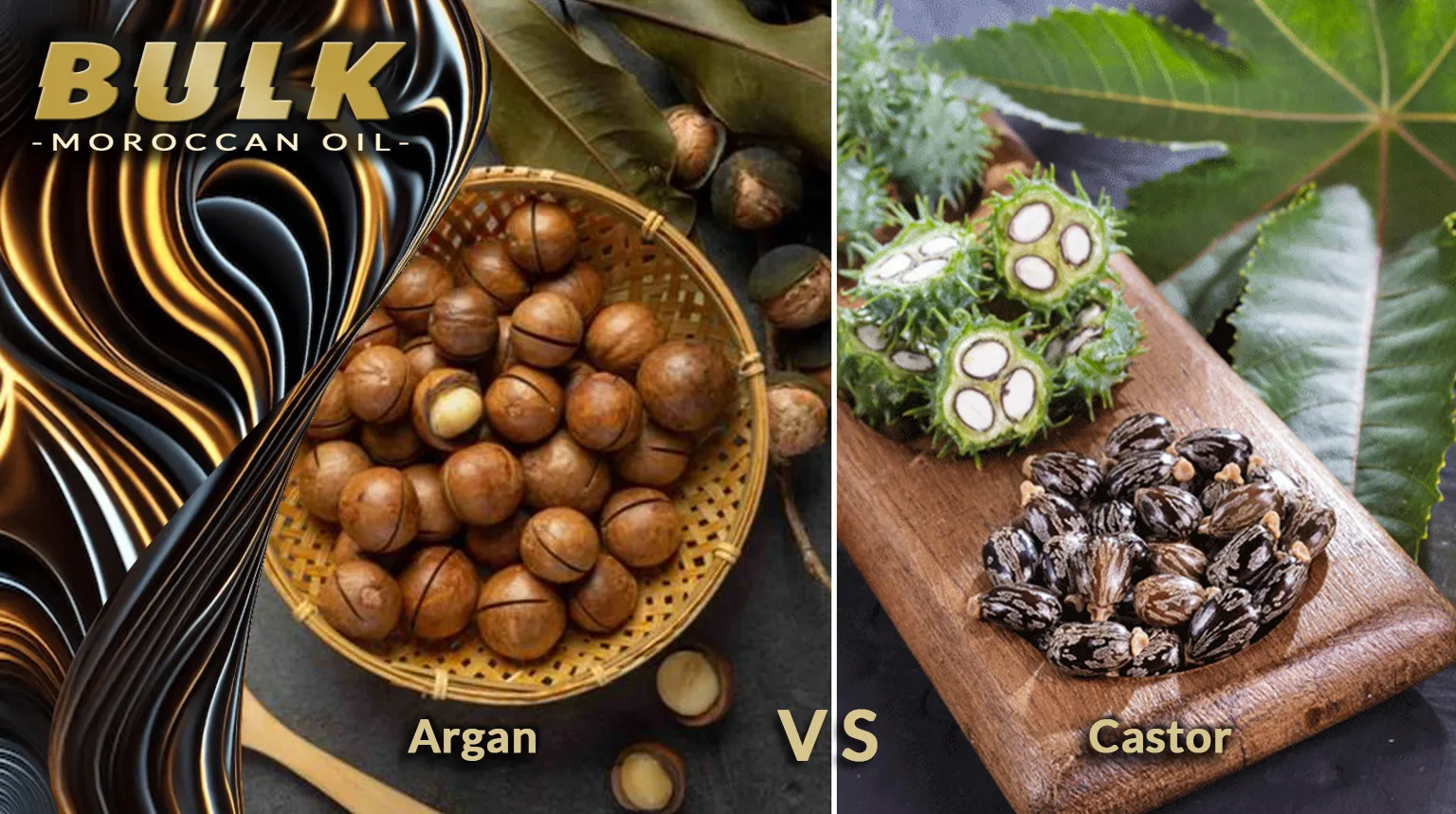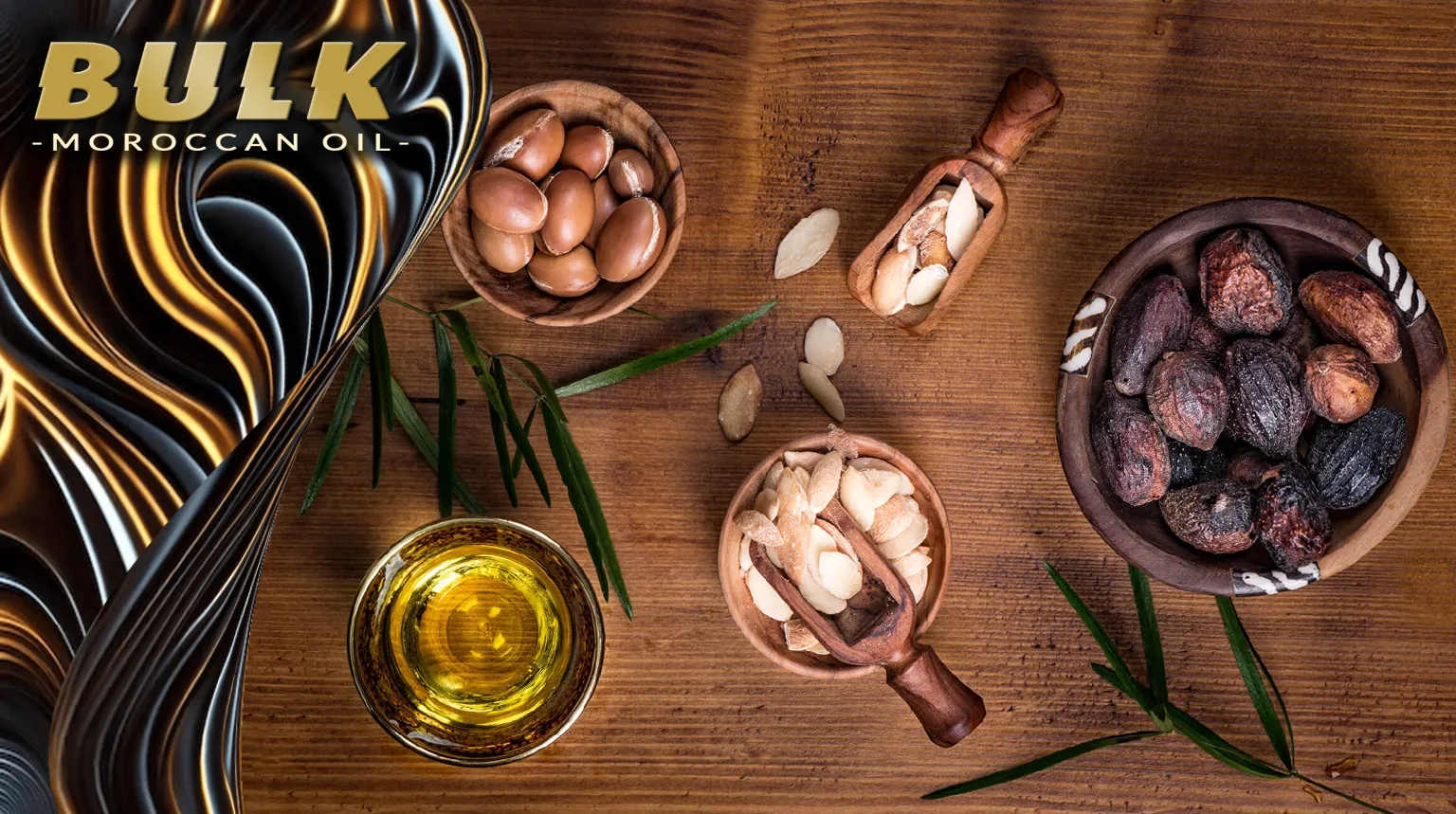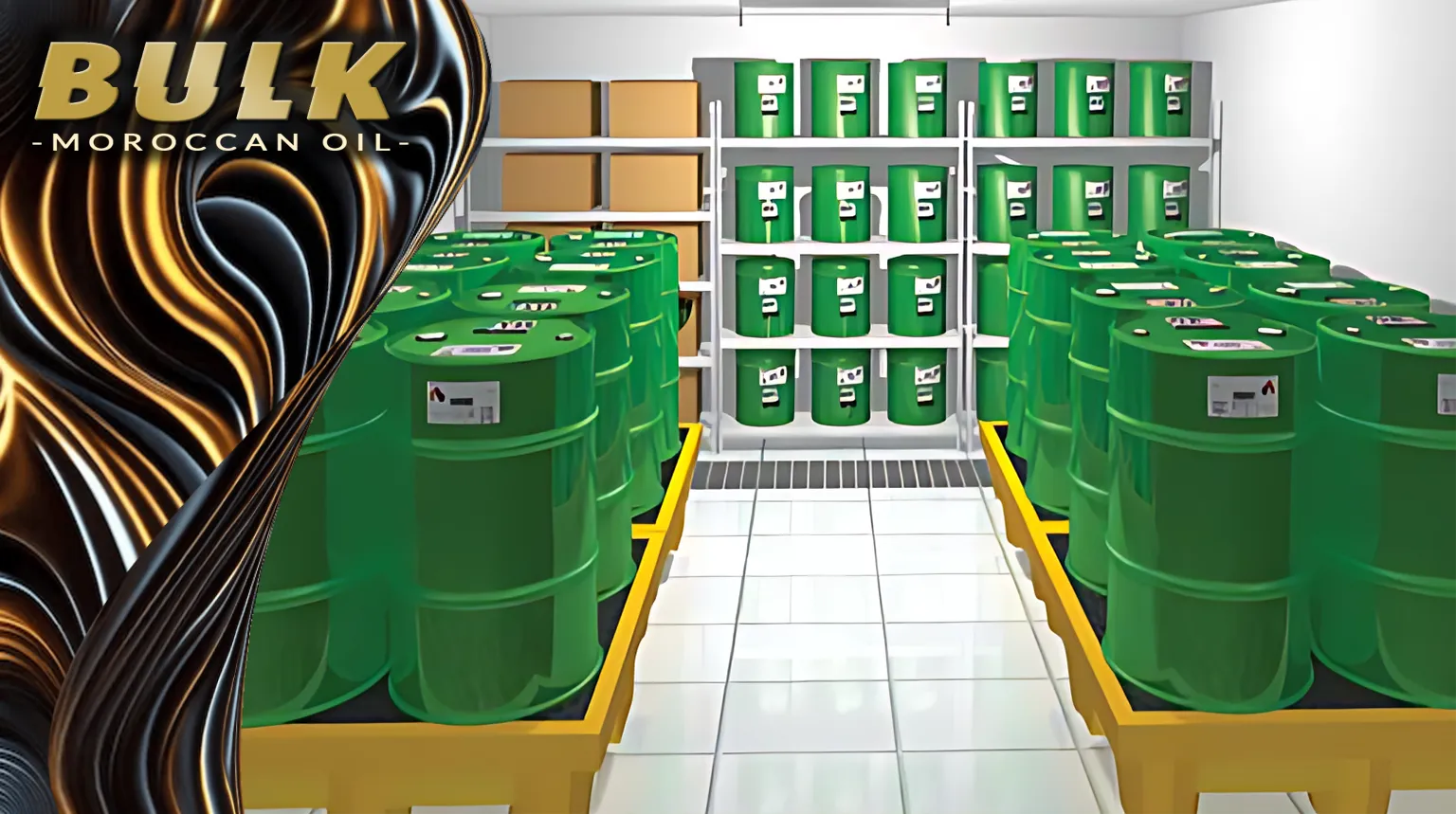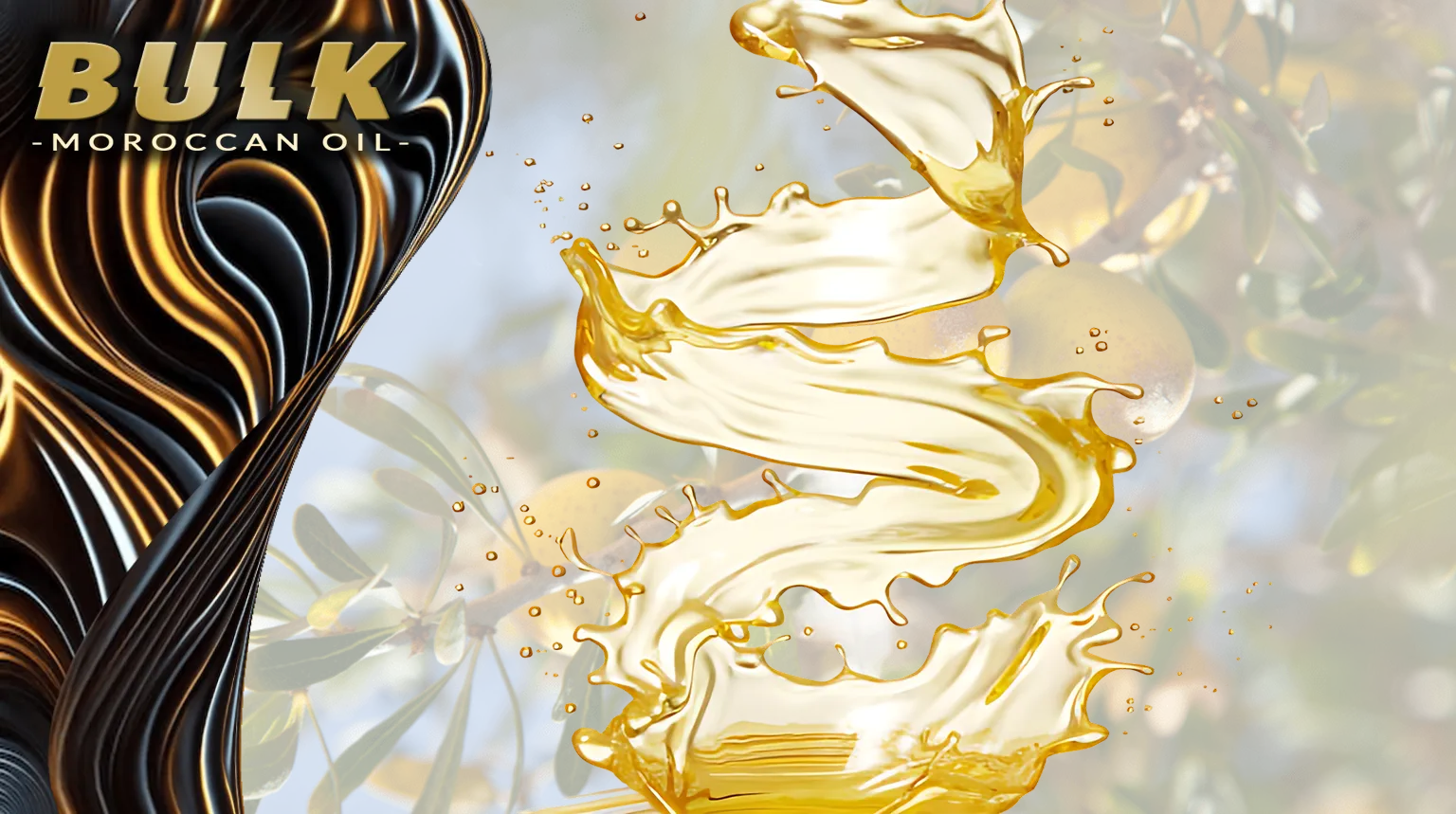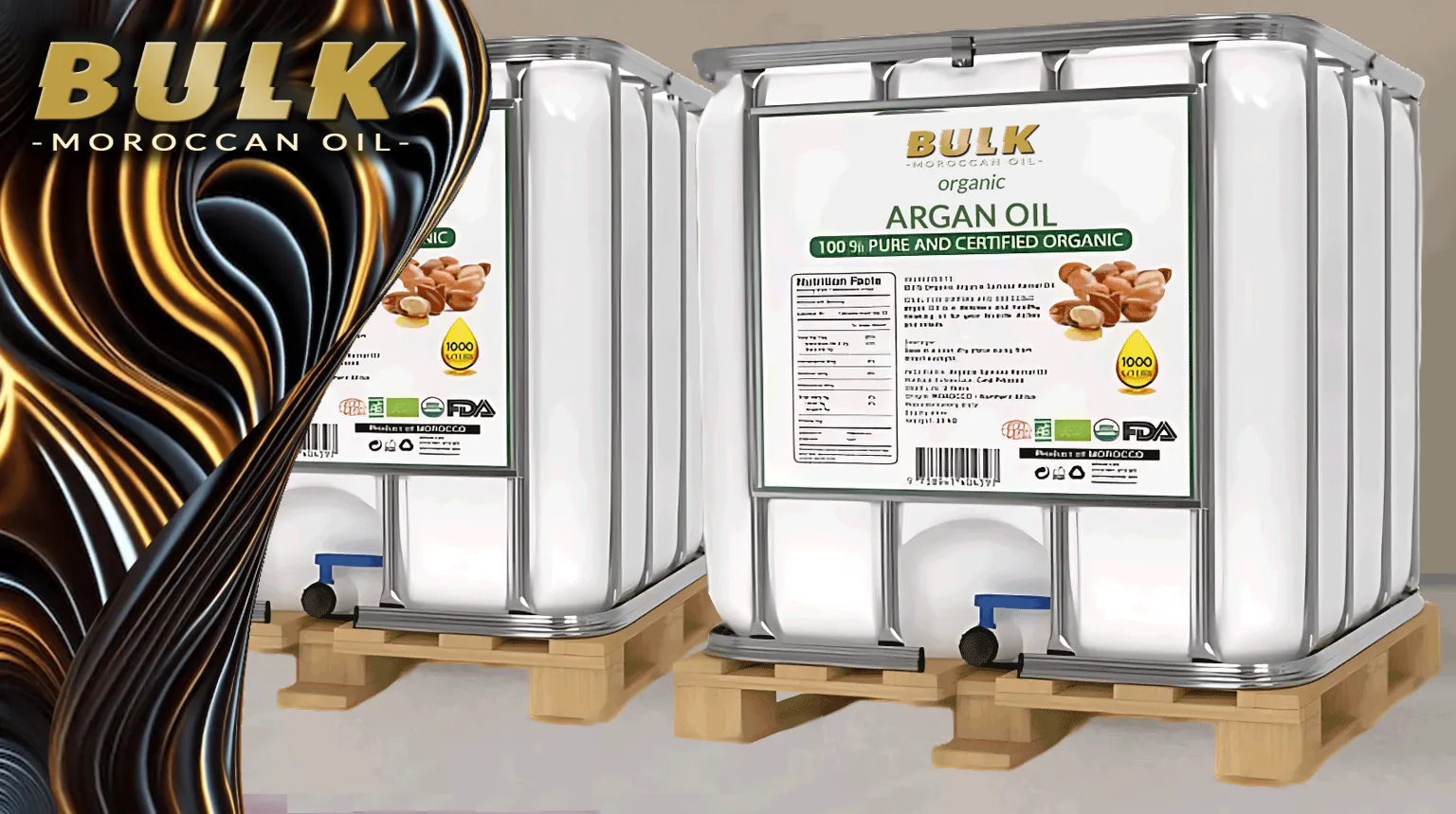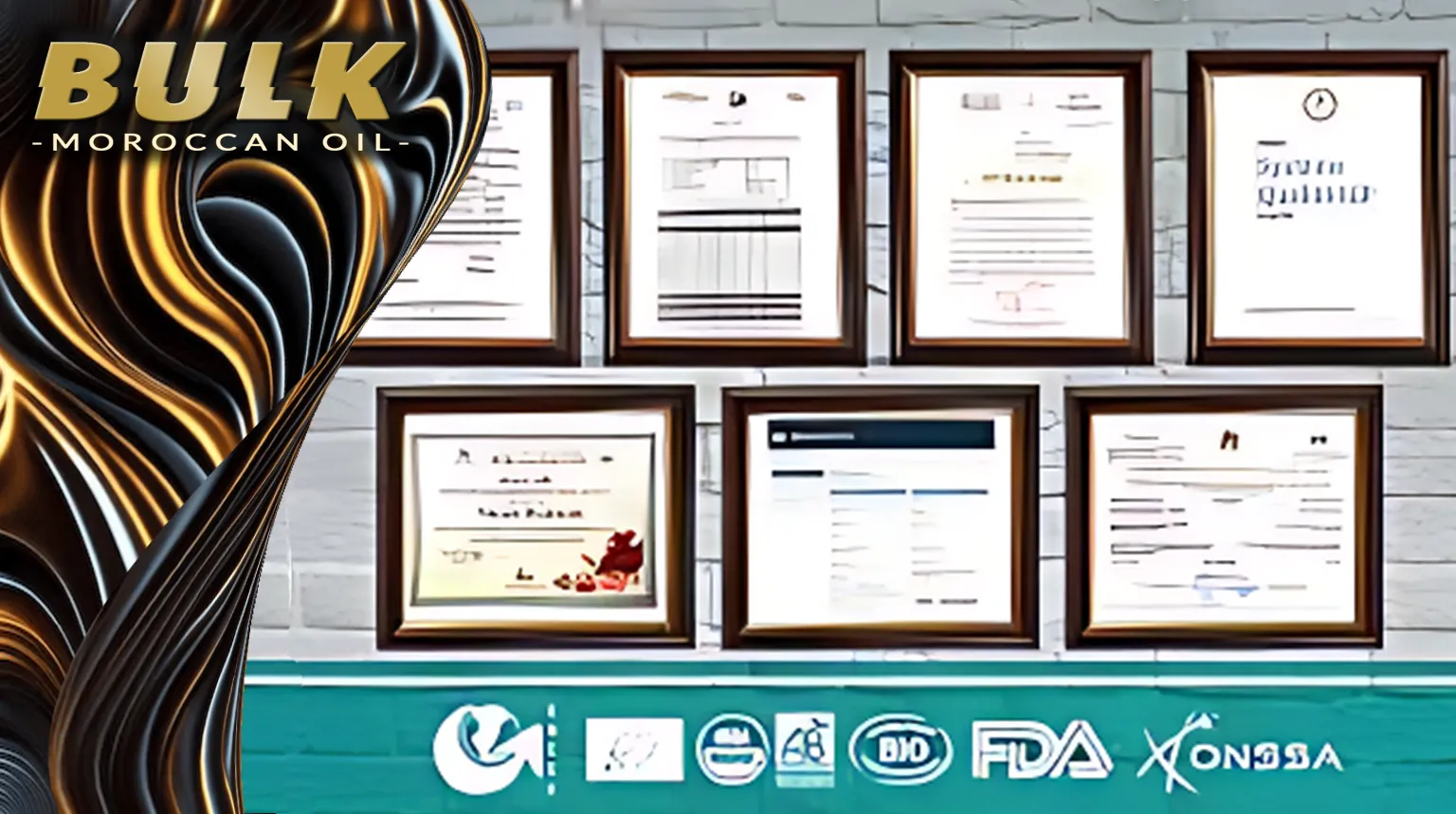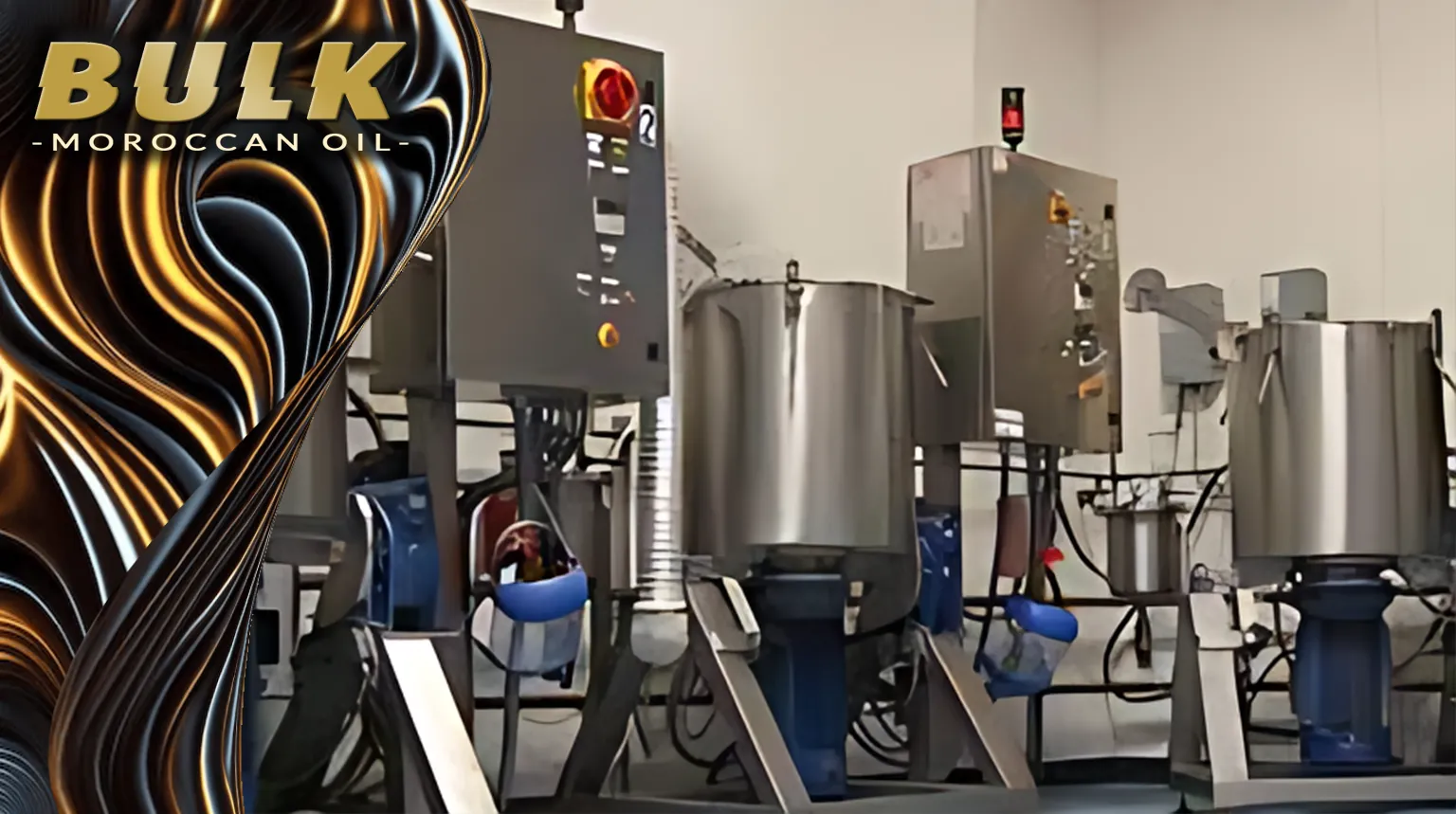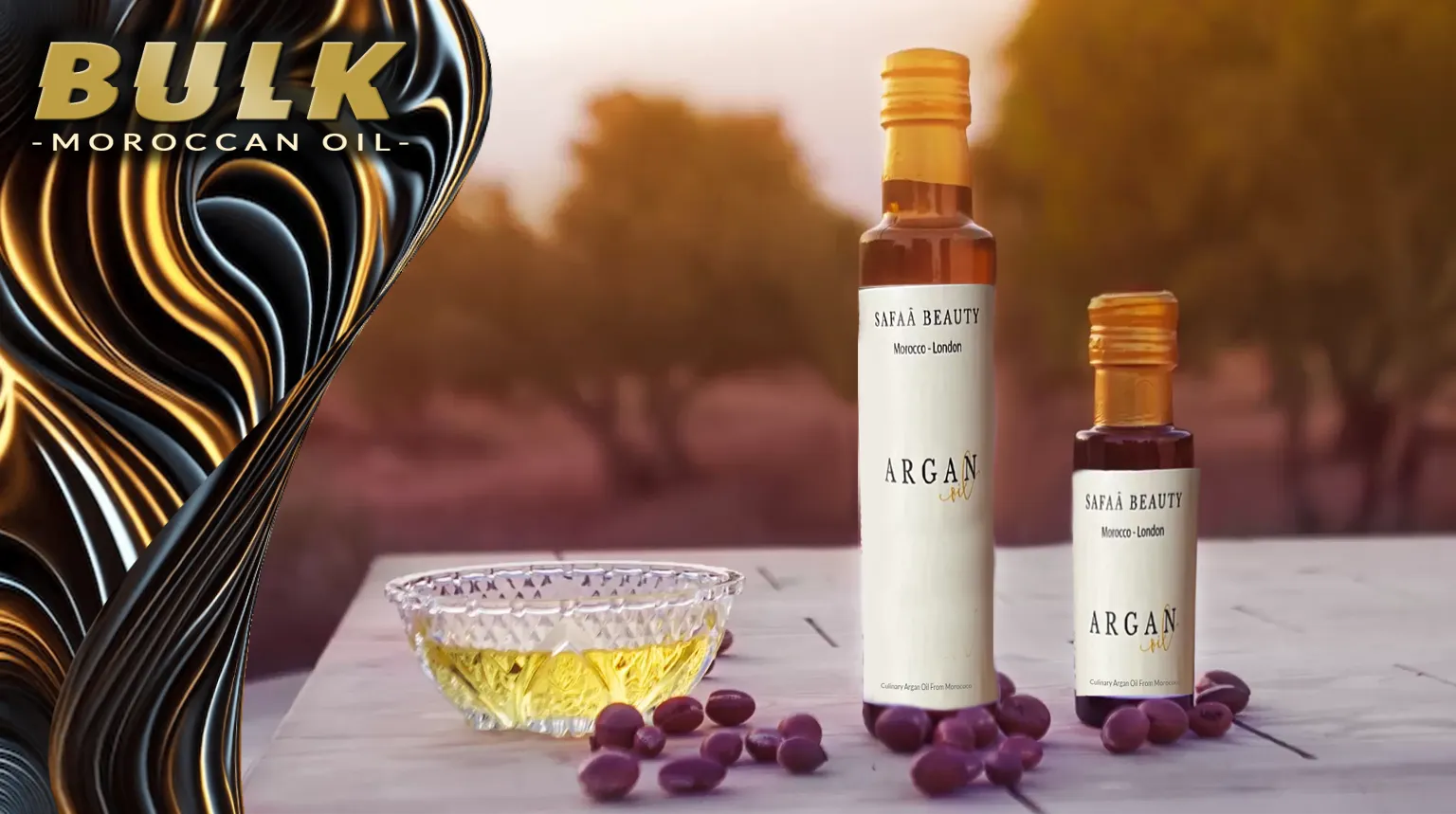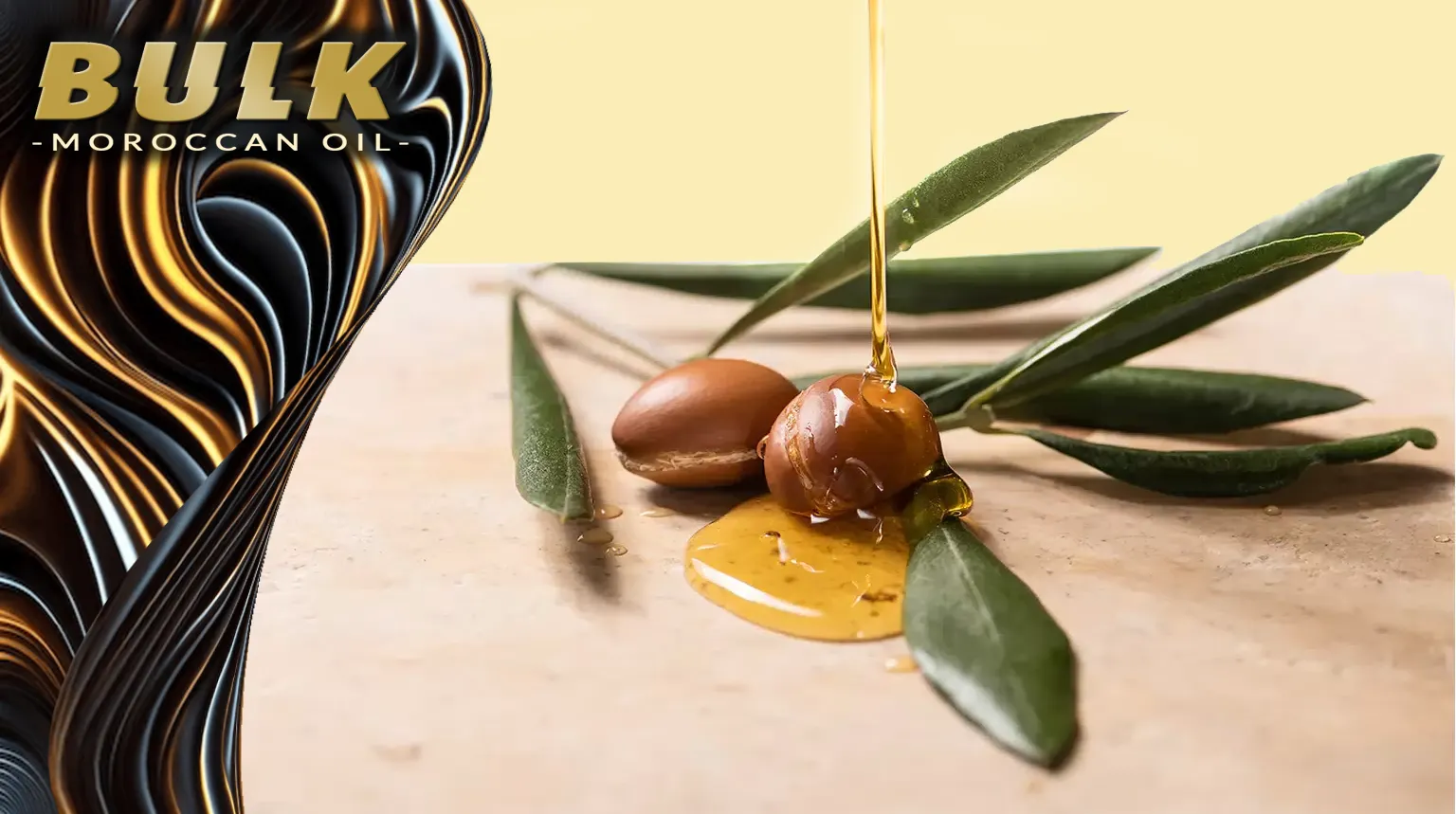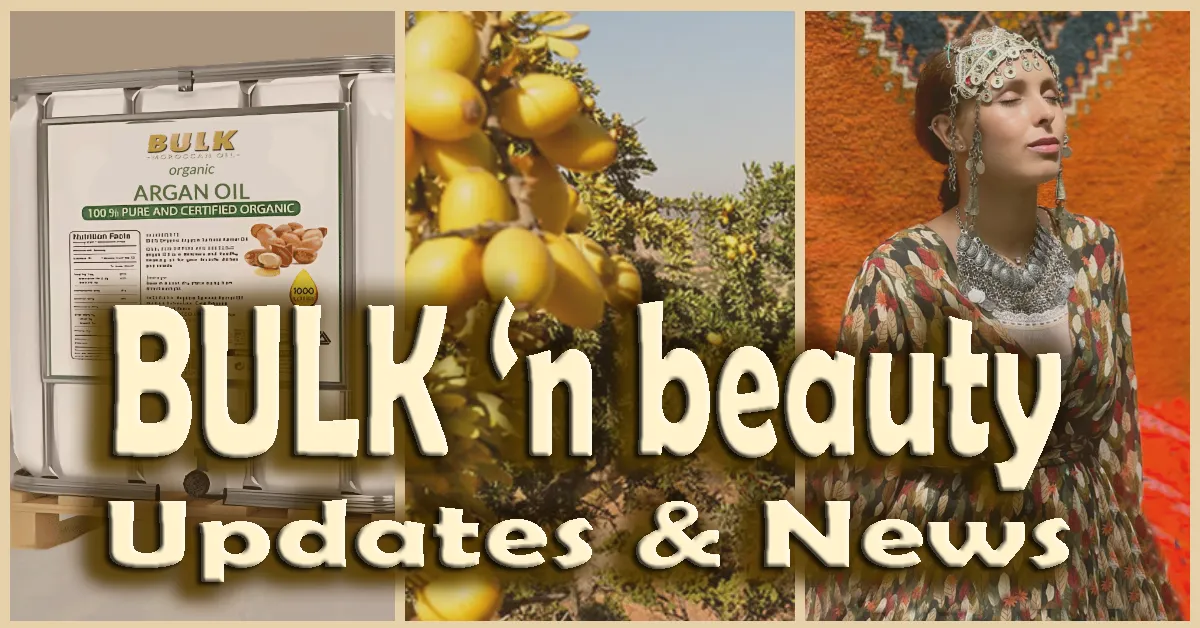Argan Oil In A Social and Environmental Context: What is the Impact of Argan Oil Production
The production of argan oil in Morocco has significant social and environmental implications, making it a topic of great importance. This article delves into the intricate web of sustainability, environmental conservation, and social impact surrounding the argan oil industry. Understanding the multifaceted nature of this issue is crucial for anyone interested in the intersection of economic development, environmental preservation, and social well-being in Morocco.
Content List
- Environmental Context of Argan Oil Production
- Social Sustainability of Argan Oil Production
- Economic and Environmental Consequences of the Argan Oil Boom
- Cooperative Initiatives and Fair Trade Practices
- Contribution of Argan Oil Production to Reforestation and Environmental Conservation
- Role of the Biosphere Reserve in Safeguarding Argan Forests
- Alignment of the Argan Oil Industry with Sustainable Development Goals
- Empowerment of Women in Moroccan Communities through Argan Oil Production
- Challenges and Opportunities for Sustainable Argan Oil Production in the Face of Climate Change
- Innovations and Initiatives Driving Sustainable Practices in Argan Oil Production
This blog is brought to you by BULK Moroccan Oil, your wholesale supplier for organic pure Argan oil.
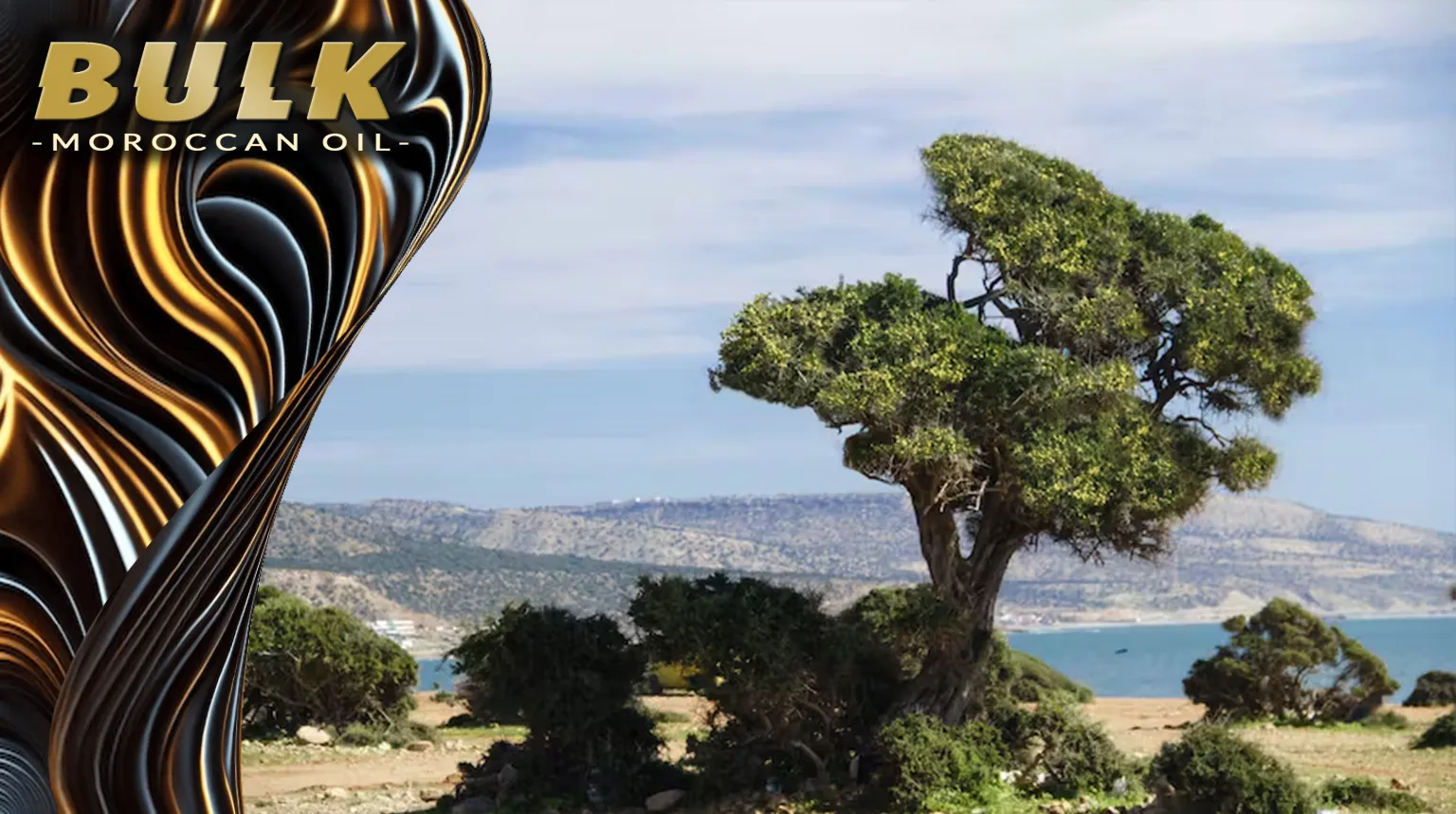
1. What is the Environmental Context of Argan Oil Production?
The Argan boom is happening right now. Argan oil is popular and demand is rising. This has consequences for the local population and the local livelihood. The environmental context of argan oil production is crucial to understanding its impact on the local ecosystem and the broader implications for sustainability.
2. How Does Argan Oil Production Affect Social Sustainability in Morocco?
Exploring the social implications of argan oil production sheds light on its effects on local communities, particularly regarding livelihoods, gender dynamics, and community empowerment.
3. What Are the Economic and Environmental Consequences of the Argan Oil Boom?
Although the boom has benefited the local population, there are also concerns. Examining the consequences of the argan oil boom provides insight into the challenges and opportunities associated with increased demand for this valuable commodity.
4. Can Cooperative Initiatives and Fair Trade Practices Contribute to Sustainable Argan Oil Production?
Assessing the role of cooperatives and fair trade practices in argan oil production offers a glimpse into potential pathways for sustainable development and ethical business practices. More and more businesses acknowledge their responsibility for the environment and go 'green'. Also, BulkMoroccanOil has taken that road, aiming for a chemical-free harvest to protect biodiversity and follow fair trade practices. Something that the consumer knows to appreciate more and more. Furthermore, BulkMoroccanOil has pursued chemical-free cultivation to preserve biodiversity and adhere to fair trade practices. This is something that consumers are increasingly recognizing and valuing.
5. How Does Argan Oil Production Contribute to Reforestation and Environmental Conservation?
Understanding the link between argan oil production and reforestation efforts highlights the potential for environmental conservation and ecosystem restoration in Morocco. Argan oil production and reforestation efforts in Morocco are closely linked because the argan tree is an integral part of both ecosystems and the local economy. The argan tree is native to Morocco and is a keystone species in the region's unique, biodiverse ecosystems. Its nuts are used to produce argan oil, a valuable commodity for domestic and international markets.
6. What Role Does the Biosphere Reserve Play in Safeguarding Argan Forests?
Exploring the significance of the UNESCO biosphere reserve in protecting argan forests underscores the importance of international conservation efforts in the region. Studying the role of the UNESCO Biosphere Reserve in preserving argan forests highlights the value of global conservation initiatives in the area. Argues that the argan oil industry has had a positive impact. Advocates for the protection of argan woodlands. Encourages the preservation of argan forests.
7. Is the Argan Oil Industry Aligned with Sustainable Development Goals?
Assessing the alignment of the argan oil industry with sustainable development goals provides a broader perspective on its role in advancing environmental and social sustainability. Checking if the argan oil industry contributes to sustainable development goals helps us see how it’s helping the environment and society. This also helps preserve the argan trees in southern Morocco and has positively impacted the local people, even worldwide.
8. How Does Argan Oil Production Empower Women in Moroccan Communities?
Examining the impact of argan oil production on women’s empowerment elucidates the social dynamics and gender-related aspects of the industry. Looking into how making argan oil affects women's power shows us the social stuff and gender things in the business. When women can get educated and make money from argan oil, it helps them out of being poor and improves their lives at home. And they get to use their old-school knowledge, too.
9. What Are the Challenges and Opportunities for Sustainable Argan Oil Production in the Face of Climate Change?
Analyzing the challenges and opportunities posed by climate change offers insights into the resilience and adaptability of the argan oil industry. Looking at the problems and chances brought by climate change can tell us a lot about how well the argan oil industry can handle tough situations. The Arganeraie biosphere reserve is also important for lifting people out of poverty and its significance in biological features and plant diversity.
10. What Innovations and Initiatives Are Driving Sustainable Practices in Argan Oil Production?
Exploring innovative approaches and initiatives in argan oil production sheds light on the potential for sustainable practices and technological advancements in the industry. Checking out new ways to make argan oil and helping the local folks in North Africa with fair-trade practices could lead to even better stuff in the industry. And it's not just good for the people, but also for the environment. Plus, those goats that eat the Argania Spinosa tree are getting in on the action, too.
Environmental Context of Argan Oil Production
The argan tree, endemic to the arid regions of Morocco, plays a vital role in preventing soil erosion and protecting water sources, particularly in hot countries like Morocco. The increased demand for argan oil has put the argan forests at risk, leading to potential environmental stressors in Morocco. To address these challenges, the argan forests were protected as part of the UNESCO Biosphere Reserve in 1998, aiming to improve the sustainability of the relationship between people and their ecosystems while protecting Moroccan traditions and the forests.
The environmental consequences of the argan oil boom are significant, with unsustainable over-farming and deforestation posing threats to the argan forests and the local ecosystem. However, the export of argan oil also presents an opportunity for Morocco to reach its economic goals sustainably, provided that governments and organizations work with locals to provide support and resources.
Social Sustainability of Argan Oil Production
The social impact of argan oil production extends to the empowerment of Moroccan women. Traditionally, women have been involved in picking and processing argan oil, and the rise of female-operated cooperatives has led to initiatives that fund healthcare, education, and environmental projects, empowering women and contributing to social sustainability. Fair wages and cooperative initiatives play a crucial role in elevating the position of women in society and providing them with opportunities for education and community development.
In 2021, there have been notable developments in the sustainability aspects of argan oil production. A study published in the Environmental Science and Pollution Research International journal highlighted the floristic biodiversity, biogeographical significance, and importance of Morocco’s Arganeraie Biosphere Reserve, shedding light on the ecological value of the reserve and its role in preserving the unique ecosystem of the argan forests. This indicates a continued focus on understanding and maintaining the environmental significance of the argan forests, emphasizing the ongoing efforts to promote sustainability in argan oil production.
Furthermore, another study in the same year analyzed a panel of detailed household data to assess the impact of the argan boom on rural households. The findings revealed that while the argan boom had enabled some rural households to increase consumption, increase their goat herds, and send their girls to secondary school, it had not incited investments in longer-term tree and forest health. This suggests that while there have been positive socio-economic impacts, there is still a need to address long-term sustainability and conservation efforts to ensure the well-being of the argan forests and the communities reliant on them.
These developments in 2021 underscore the ongoing research and attention given to the sustainability of argan oil production, focusing on both environmental conservation and the well-being of local communities.
Economic and Environmental Consequences of the Argan Oil Boom
The argan oil boom has brought both economic success and environmental challenges. While it has created opportunities for economic growth, it has also led to unsustainable practices such as over-farming and deforestation, highlighting the need for sustainable production and conservation efforts. The economic success and sustainable production of argan oil can only be achieved if governments and organizations work with locals to provide support and resources, ensuring the industry's long-term viability.
Cooperative Initiatives and Fair Trade Practices
Cooperative initiatives and fair trade practices have the potential to contribute to sustainable argan oil production by empowering local communities and ensuring fair wages for workers. These initiatives support environmental conservation and reforestation and promote ethical business practices and community development.
Conclusion
In conclusion, the socio-environmental impacts of argan oil production in Morocco are multifaceted, encompassing environmental conservation, social sustainability, and economic development. By understanding the complexities of this industry and the interconnectedness of environmental and social factors, stakeholders can work towards sustainable practices that benefit both the local communities and the environment. Embracing cooperative initiatives, fair trade practices, and conservation efforts can pave the way for Morocco's more sustainable and equitable argan oil industry.
Key Takeaways
- The environmental context of argan oil production is crucial for understanding its impact on the local ecosystem and the broader implications for sustainability.
- Social sustainability in the argan oil industry is closely linked to the empowerment of women and the promotion of fair trade practices.
- The argan oil boom has brought both economic success and environmental challenges, highlighting the need for sustainable production and conservation efforts.
- Cooperative initiatives and fair trade practices are crucial in promoting sustainable argan oil production and community development.
Hashtags:
#ArganOil #Sustainability #Morocco #EnvironmentalImpact #SocialImpact #GreenDevelopment #EcoFriendly #FairTrade #Empowerment #Conservation #Reforestation #ClimateChange #EcoInnovation #WomenEmpowerment #SustainableLiving
References:
- "The Social and Environmental Context of Argan Oil Production" | SAGE Journals
- "The Social and Environmental Context of Argan Oil Production" | ResearchGate
- "The Social and Environmental Context of Argan Oil Production" | PubMed
- "Social Sustainability and the Argan Boom as Green Development in Morocco" | ScienceDirect
- "Argan Oil: Environmental and Ethical Concerns" | TreeHugger
- "Why You Need to Understand How Your Argan-Oil Products Are Made" | Allure
- "The Social and Environmental Context of Argan Oil Production" | Semantic Scholar
- "Environmental Impacts of Argan Oil Production" | Sciendo
- "3 Ways Argan Oil Makes an Impact on People and the Planet" | Medium by Chelsea Webster
- "Argan Oil: Social Impact" | Fatima's Garden
Frequently Asked Questions (FAQ)
Q: What are the benefits of argan oil?
A: Argan oil is known for its moisturizing and nourishing properties, making it beneficial for skin and hair care. It is also rich in antioxidants and essential fatty acids, which can help improve skin health.
Q: How has the argan oil boom benefited the local population?
A: The argan oil boom has provided employment opportunities for locals, especially women, contributing to poverty alleviation and economic empowerment in the region.
Q: How does argan oil extraction encourage the conservation of argan woodlands?
A: The process of extracting argan oil requires the collection of argan fruit, which promotes the conservation of argan trees and woodlands by incentivizing their protection for sustainable oil production.
Q: What are some of the environmental issues related to argan oil production?
A: Environmental issues related to argan oil production include deforestation, soil erosion, and water scarcity in the region, which can impact the biodiversity and ecosystem of the argan forest.
Q: How does the United Nations support the governance of argan oil production?
A: The United Nations has been involved in initiatives that promote sustainable practices in argan oil production, aiming to ensure socially and environmentally responsible governance in the sector.
Q: What is the role of traditional knowledge in argan oil production?
A: Traditional knowledge plays a crucial role in argan oil production, as it guides sustainable practices, biodiversity conservation, and preserving cultural heritage associated with argan trees.
Q: How does argan oil contribute to poverty alleviation in the region?
A: The argan oil industry provides a source of income for communities in rural areas, helping to alleviate poverty by creating economic opportunities and improving living standards through fair wage employment.

